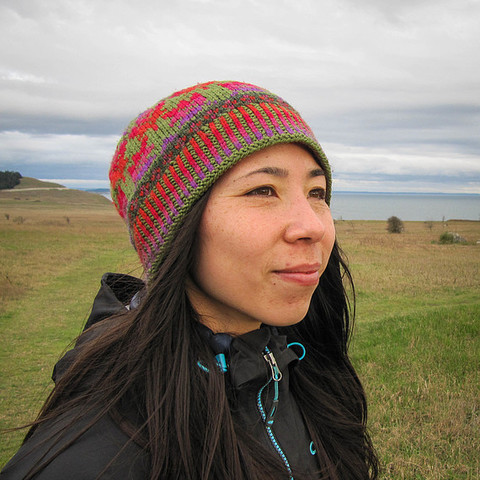Microbial ecology and evolution in deep-sea hydrothermal vents
Evolution of early microbial metabolisms
Ocean Memory Lightning Talk

What is bioinformatics?
Bioinformatics is the study of large amounts of complex biological information. Often, that biological information takes the form of sequence data, which we obtain from the genomes of organisms ranging from tiny viruses to humans. We use computer software to analyze that sequence data in order to reveal patterns that can tell us something about the way an organism or group of organisms has mutated, adapted, or evolved.
The last decade has seen a revolution in terms of the rate at which sequence data can be produced, and bioinformatics is a fast-growing field that has applications across all biological disciplines. Ultimately, bioinformatics is a tool that is used to ask biological questions, ranging from “what mutations are responsible for giving rise to a specific cancer?” to “what is the genetic diversity of the whales living in this part of the ocean?” to “how does my gut microbiome change when I get food poisoning?” Increasingly, bioinformatics is becoming a crucial tool for biologists across many disciplines, and this will only continue to grow as our sequencing capabilities become faster and cheaper.
And besides, it’s a pretty powerful feeling to know that you have 10 million sequences at your fingertips, waiting for you to reveal a pattern that could teach you something fascinating about the organisms you’re studying.
Upcomming Events
Rika Anderson
I’m an assistant professor at Carleton College in the Biology department. The overarching goal of my research is to understand how life co-evolves with its environment over time. We use next-generation sequencing tools to better understand the processes that drive microbial and viral evolution over time. We collaborate with astronomers, geologists, chemists, and atmospheric scientists to ask big-picture questions in astrobiology and oceanography.
